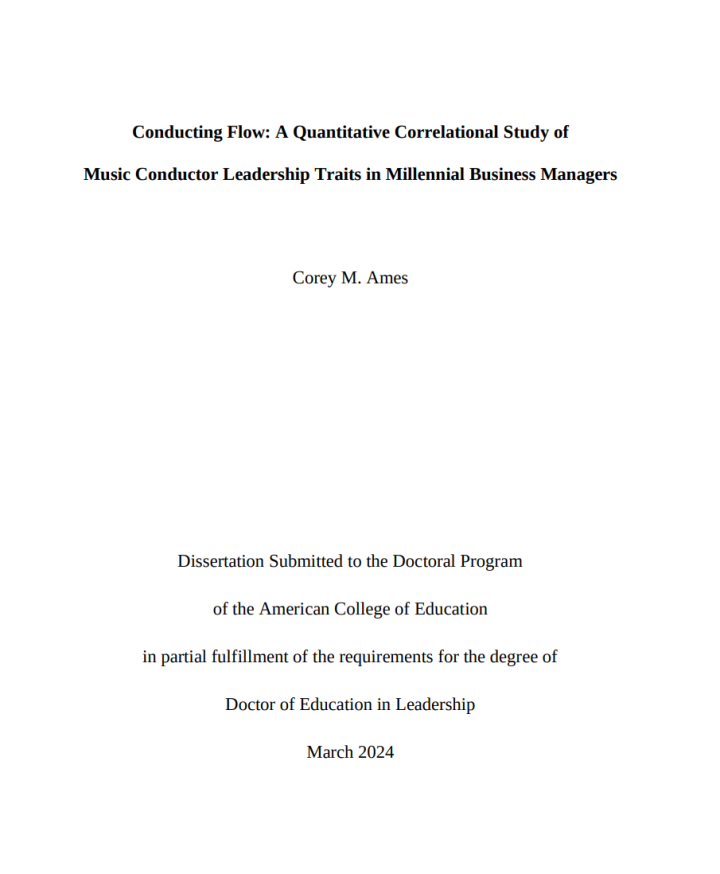by: Corey Ames Ed.D. Abstract Individuals born between 1981 and 1996 are expected to be the dominant generation in the workforce by 2025. The problem is conventional leadership applications seem unrelated to the millennial generation’s need for workplace autonomy and adapting to volatile, uncertain, complex, and ambiguous conditions. There is a gap in information about…
Tag: millennials
Millennials’ Leadership Skills for Promoting Flow and Profit in a Business Simulation
By Ali Badibanga and Matthew Ohlson https://doi.org/10.1002/jls.21768 ABSTRACT: Driven in part by the demands of an increasing number of millennial employees, organizations continue to shift away from traditional, hierarchical, command and control business strategies that may have focused solely on generating profit to enabling organizational cultures that focus on both people and profit. In the…
Leadership Basics also work in times of crisis! (updated with TIPS!)
The main reason why I decided to ask for an interview from Ester Eomois, one of my TOP3 inspirators and an experienced leader, was that through the whole crisis she was the calmest and most relaxed colleague of mine. Suspicious, as I am, I wondered if she might have a secret “managerial weapon” and through…
The Theory of “Flow” And Its Relevance for Organizations – 4th part from the working paper
Part 3 – The changing context of managing 2. Demographic changes Of the demographic changes that are impacting management/leadership practices we will briefly discuss two phenomena: implications of the allegedly large “social gaps” between generations and the ageing of the population. Generation gaps: Social generations are cohorts of people born in the same date range and…


